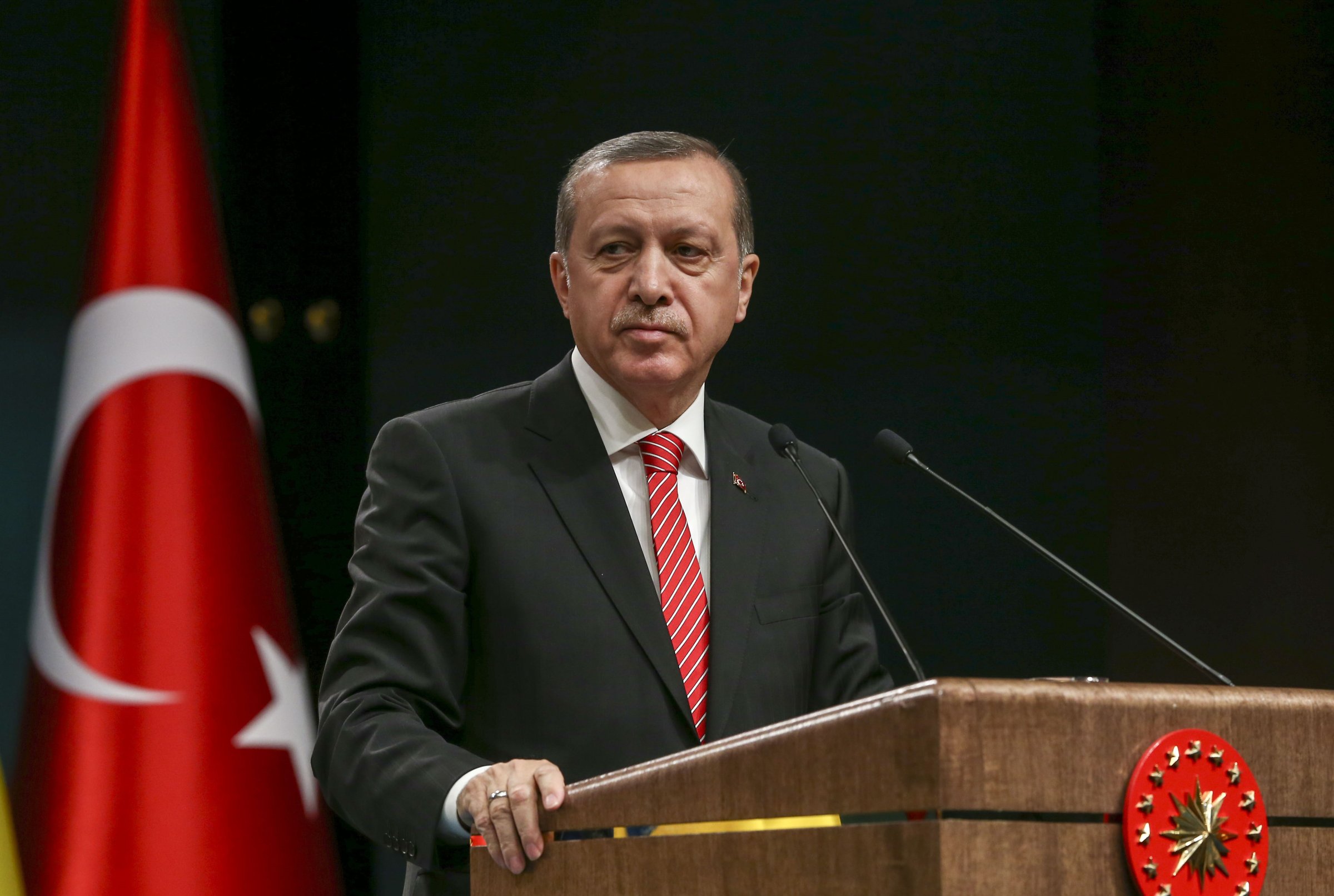
Everyone needs friends. For the moment, Turkey’s President Recep Tayyip Erdogan doesn’t have enough of them. Turkey’s government and European leaders are working to forge a deal to better manage the migrant crisis, but it’s unlikely to produce the results Europeans want–and Erdogan may soon become even more isolated.
The Turkish President’s loudest current fight is with Russia’s Vladimir Putin. In November, after Turkey shot down a Russian plane that strayed into Turkish airspace while flying over Syrian territory, Putin quickly announced sanctions that have had a real impact on Turkey’s banking, tourism and construction sectors. There is no domestic pressure on Putin to back down, and Turkey will continue to bear the brunt of his anger.
Turkey’s NATO allies aren’t happy with Erdogan either. Washington is angry that Turkey is dropping many more bombs on Syrian Kurds than on ISIS, the focal point of U.S. air attacks. Some Europeans suspect that Erdogan will pocket more European cash and concessions while doing little to keep his end of the bargain by stemming the flow of migrants from Turkey. Even if a full deal is reached, the proposal that Turkish citizens should be allowed visa-free travel across European countries within the Schengen Agreement will provoke a backlash in Europe.
Nor will it help Erdogan’s relations with the U.S. or Europe that the Turkish government took over an opposition newspaper, or that so many Turkish journalists now languish in Turkish prisons.
Then there are Erdogan’s problems at home. Turkey’s business community is looking forward to the end of sanctions on neighboring Iran. The tourism industry hopes visiting Iranians will replace the Russians who are no longer coming. Yet Erdogan is tightening ties with Saudi Arabia, Iran’s regional rival, because the two countries have common interests in Syria.
Finally, Erdogan faces opposition within his own party. A purported meeting several weeks ago that included former President Abdullah Gul, former Deputy Prime Minister Bulent Arinc and other senior party members has fed speculation that rivals want to limit Erdogan’s influence over the workings of government.
Officially, the Turkish President has limited powers. But since a landslide election victory in November, he has pushed to rewrite the constitution to strengthen the presidency and eliminate checks on his power.
Erdogan won’t get the changes he wants. He’s often as overbearing as Putin, but Turkey is not Russia. Erdogan’s history suggests he’ll try to bully his way into more power anyway. In the process, he’ll antagonize more people–both at home and abroad.
More Must-Reads from TIME
- L.A. Fires Show Reality of 1.5°C of Warming
- Behind the Scenes of The White Lotus Season Three
- How Trump 2.0 Is Already Sowing Confusion
- Bad Bunny On Heartbreak and New Album
- How to Get Better at Doing Things Alone
- We’re Lucky to Have Been Alive in the Age of David Lynch
- The Motivational Trick That Makes You Exercise Harder
- Column: All Those Presidential Pardons Give Mercy a Bad Name
Contact us at letters@time.com